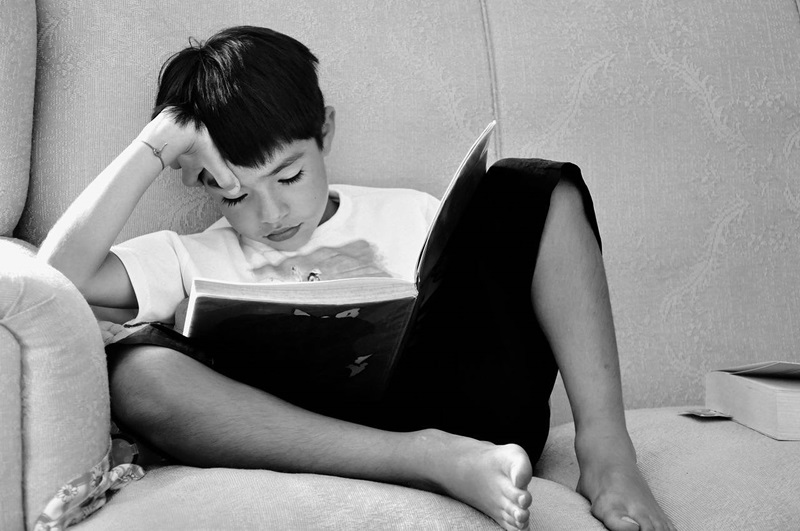- ResearchScience
- 30 de April de 2024
- No Comment
- 4 minutes read
Recreational reading on paper enhances comprehension more effectively than when done through digital media

Recreational reading on paper enhances comprehension more effectively than when done through digital media
The main conclusion is that the habits of recreational reading on screen have minimal correlation with reading comprehension

A study conducted by the University of Valencia concludes that in Primary and Secondary education, students should be encouraged to read primarily in print format. The research, published in the Review of Educational Research journal, is a comprehensive review of studies carried out between 2000 and 2022.
Source: SINC
The Estructura de Investigación Interdisciplinar de Lectura (ERI) research group from the University of Valencia (UV) suggests that recreational reading on paper enhances comprehension more than digital reading.
The study, which involved over 450,000 participants, strongly recommends encouraging print reading in primary and secondary education.
The researchers examined in this meta-study 25 studies with 39 comparisons, conducted between the years 2000 and 2022
Lidia Altamura, a researcher of the ERI Reading of the UV and the primary author of the study, highlights: “The main conclusion is that the habits of recreational reading on screen have minimal correlation with reading comprehension, which contrasts with the solid positive relationship between reading habits on paper and comprehension.
Wikipedia and social networks
Cristina Vargas and Ladislao Salmerón, professor and chair of the Departamento de Psicología Evolutiva y de la Educación of the UV respectively, explain: “From what we know from other studies, the frequency of reading printed texts has a greater correlation (between 0.30 and 0.40) with text comprehension than digital reading habits for leisure (0.05). They illustrate this by stating that a student who spends 10 hours reading books on paper will likely have a comprehension level 6 to 8 times greater than if they read on digital devices for the same duration.
The authors express surprise that most of the digital reading habits analysed (whether those more related to social networks or informative reading) “showed minimal associations with text comprehension.”
“It could be expected that reading for informational purposes (such as visiting Wikipedia or other educational websites; reading news or e-books) would have a stronger positive correlation with comprehension, but this is not the case,” they admit.
The study also concludes that the relationship between recreational reading and text comprehension becomes positive as one ages, particularly when students reach high school and university levels.
However, Altamura, Salmerón, and Vargas highlight that their study was based on reviewing other works with very heterogeneous measures of the relationship between reading habits and text comprehension. They call for further research to provide more detailed insights into the investigation.
Reference:
Altamura, L. et al. “Do New Forms of Reading Pay Off? A Meta-Analysis on the Relationship Between Leisure Digital Reading Habits and Text Comprehension”. Review of Educational Research (2023)

